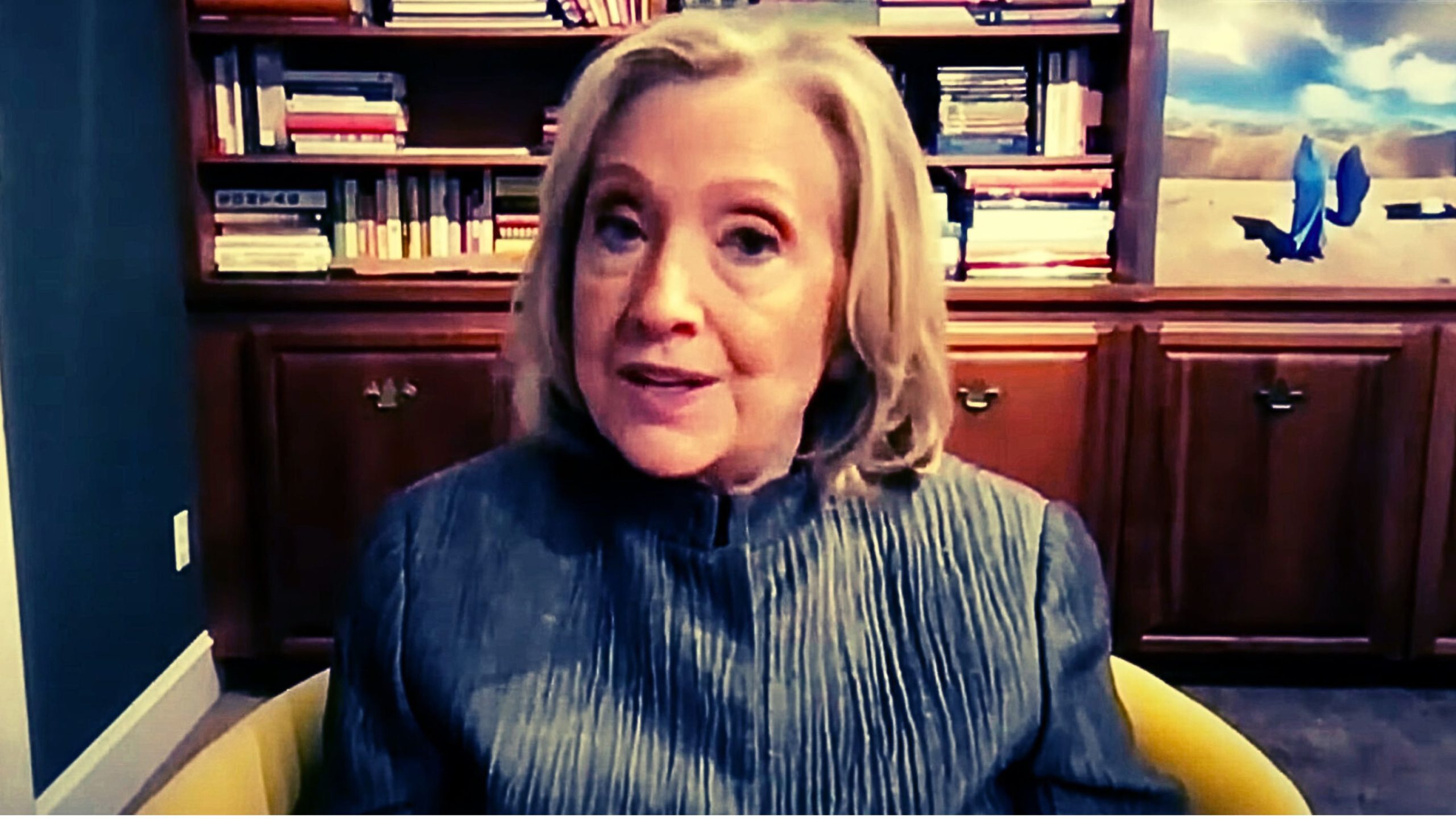In an interview with CNN, former Secretary of State Hillary Clinton expressed her pressing need for social media companies to enhance censorship measures, suggesting that failure to do so would lead to the loss of “total control.” This declaration aligns with broader concerns expressed by figures within the Democratic Party regarding the control of information online.
Clinton’s remarks come in the wake of substantial changes in the space of online expression, notably influenced by Elon Musk’s acquisition of Twitter in 2022. Under Musk’s stewardship, the platform, now rebranded as X, has championed a more laissez-faire approach to content moderation. This stance has facilitated a pushback against what some perceive as misleading mainstream narratives, particularly evident in the recent coverage of FEMA’s reported mishandling of hurricane relief efforts in North Carolina, Georgia, and Tennessee – a narrative that the government is calling “misinformation.”
During her conversation with Michael Smerconish, Clinton criticized the existing legal framework that she believes enables unchecked content dissemination. “We should be, in my view, repealing something called Section 230, which gave platforms on the internet immunity because they were thought to be just pass-throughs, that they shouldn’t be judged for the content that is posted,” she explained. “If they don’t moderate and monitor the content, we lose total control,” Clinton argued, using the think of the children argument.
She argues that this perspective is outdated and that without active moderation from platforms like Facebook, Twitter/X, Instagram, and TikTok, the consequences extend beyond mere social and psychological impacts to encompass real-world harm.
Adding to the discourse, John Kerry recently echoed similar sentiments at a World Economic Forum sustainability meeting, bemoaning the obstacles the First Amendment poses in controlling information flow. “It’s really hard to govern today. The referees we used to have to determine what’s a fact and what isn’t a fact has been eviscerated to a certain degree,” Kerry stated.










